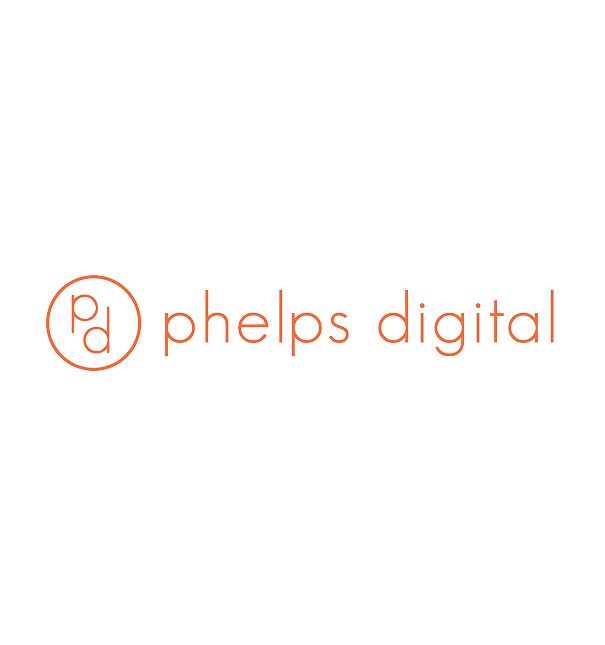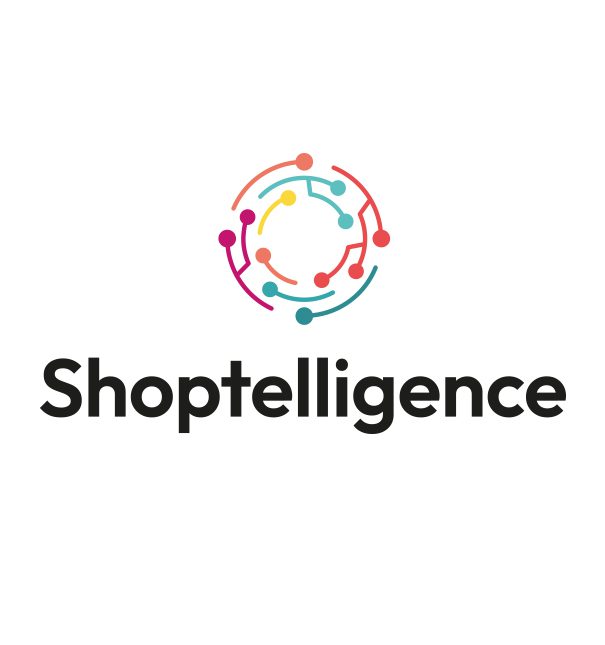It’s hard to believe, but the end is almost upon us! The end of 2023 will be here in a blink of an eye, and that is Google’s deadline for eliminating third-party cookies for ad tracking.
Should I run and hide under my bed now if I’m a digital advertiser?
Here are a couple of things you should know. Google, Facebook, and Amazon are unaffected by this issue because they are “walled gardens.” This means they don’t have to use cookies because they already collect vast information about their visitors. After all, you log in to use their products. So, they have what is called first party data.
Secondly, this issue doesn’t affect contextual targeting or Keyword Targeting. That is, targeting specific web pages because the content matches up with the type of person you want to reach (i.e., showing an ad on a fishing article for a fishing retailer).
But is the ability to target behaviorally on cookie-based ad platforms going away? Not quite! Many media platforms and ad exchanges are getting ahead of the changes by employing alternative ways to track behaviors. Here are just a few:
One alternative to using Google cookies for ad tracking is browser-based tracking solutions. These solutions use JavaScript code to track user behavior on a website and send that data to a server for analysis. This method is not dependent on cookies; therefore, it can work even if the user has cookies disabled.
FLOC targeting (short for Federated Learning of Cohorts) is another way to track behaviors by grouping individuals into a crowd or ‘flock’ and identifying that group as falling into a behavior. It’s the same result as using cookies, but with more privacy.
Another alternative is to use device-based tracking solutions. These solutions use data from a user’s device, such as the IP address, to track their behavior across different websites. This method is also not dependent on cookies and can track users across other devices.
Another method for tracking ads is using first-party data. This data is collected by you, such as through website analytics, email campaigns, and customer surveys. This data can be used to understand user behavior on the website and target ads more effectively.
Another alternative is to use Contextual Advertising, which delivers ads relevant to the website’s or the user’s browsing context. Contextual Advertising can be a very effective way to target ads to users who are likely to be interested in the products or services advertised.
The most effective solution that will be taking the place of cookies is called Universal IDs.
Universal IDs use hashed and encrypted email addresses for opted-in users as the basis for identity and as a replacement for third-party cookies. These email addresses are similar to what Facebook, Google, and Amazon do. For example, when you go to a website or app and log in to access the content, your collected email is anonymized and encrypted as an ID. This ID is shared across the network of publishers (websites and apps) that have adopted the solution. Advertisers can use this ID to target advertising, but crucially, this ID is never transmitted from a privacy perspective.
Email addresses are considered personally identifiable information (PII), which means they can’t be freely traded between ad tech companies without consent. But, the Universal ID technology uses hashed emails that have been passed through an algorithm that converts them from a readable email address to a 32-digit long string of numbers called a hexadecimal string (feel free to trot out that term at your next company meeting!).
Email-based identifiers also have one significant advantage over cookies – they work across multiple devices and browsers. Cookies only sit within one web browser on one device, meaning advertisers can’t use cookies to identify the same user on their laptop and phone. Hashed emails can link up any devices and browsers where users are signed on via email.
The more significant issue is whether consent to use email addresses can be achieved at a large enough scale to meet the demand for advertising inventory. Collecting email will have a role in the post-cookie world, a significant one. However, it will coexist with other solutions, such as first-party data, opted-in GPS location tracking, and contextual (keyword) targeting.
So what’s the takeaway?
In conclusion, while the phase-out of third-party cookies by Google may seem like a setback for ad tracking, several alternative solutions are available. By using browser-based tracking solutions, device-based tracking solutions, first-party data, and contextual advertising, businesses can continue to track their ads and understand their audience. Additionally, the industry is evolving, and new ways of monitoring ads and user data are still developing. They will probably be released in the future, so it’s essential to stay updated with the latest advancements.
Find more digital marketing resources and information from HFA here.













